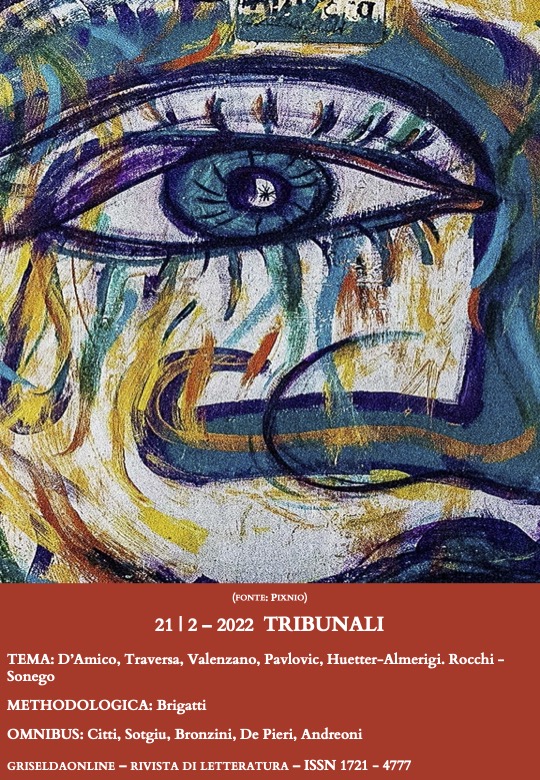The Fukushima «Little Prince» (2011). Questions and suggestions about nuclear power in the footsteps of Saint-Exupéry
DOI:
https://doi.org/10.6092/issn.1721-4777/15485Keywords:
Fukushima, «Little Prince», Nuclear catastrophe, testimonial narrative, traumaAbstract
The Little Prince by Antoine de Saint-Exupéry is one of the world's most successful literary examples of transmediality. Its multiple retellings have ranged from film to animation, amplifying that favorable public and critical response with which the original novella was received. Among them, Shiine Yamato's fukushima no ōjisama (2011) stands as a rewrite of Saint-Exupéry's masterpiece in a post-Fukushima key. This study aims to understand the author's reasons for adopting precisely The Little Prince as a source of inspiration to depict childhood marked by the danger of radioactivity and the prevailing radiophobia in the post-nuclear accident scenario. In doing so, the investigation adopts a comparative perspective aimed at highlighting the reasons for continuity and rupture between the two works, as well as a psycho(pato)logical approach interested in analyzing the topoi of otherness, attachment, and mourning that are common of two works, evidence of the self-therapeutic effort of the two authors.
Downloads
Published
How to Cite
Issue
Section
License
Copyright (c) 2022 Veronica De Pieri

This work is licensed under a Creative Commons Attribution-ShareAlike 4.0 International License.





